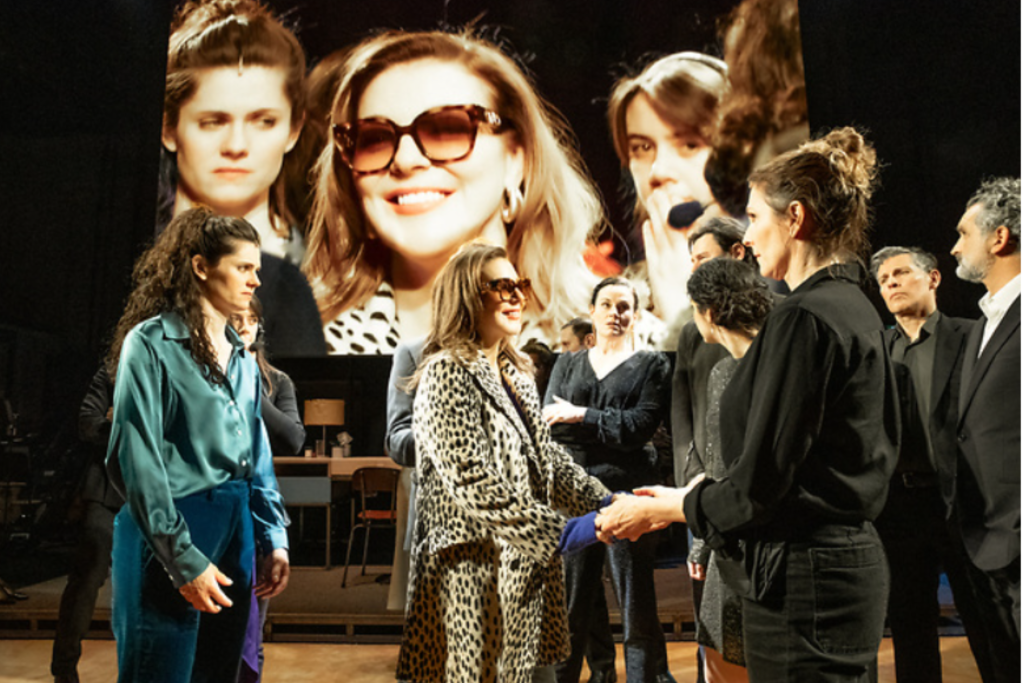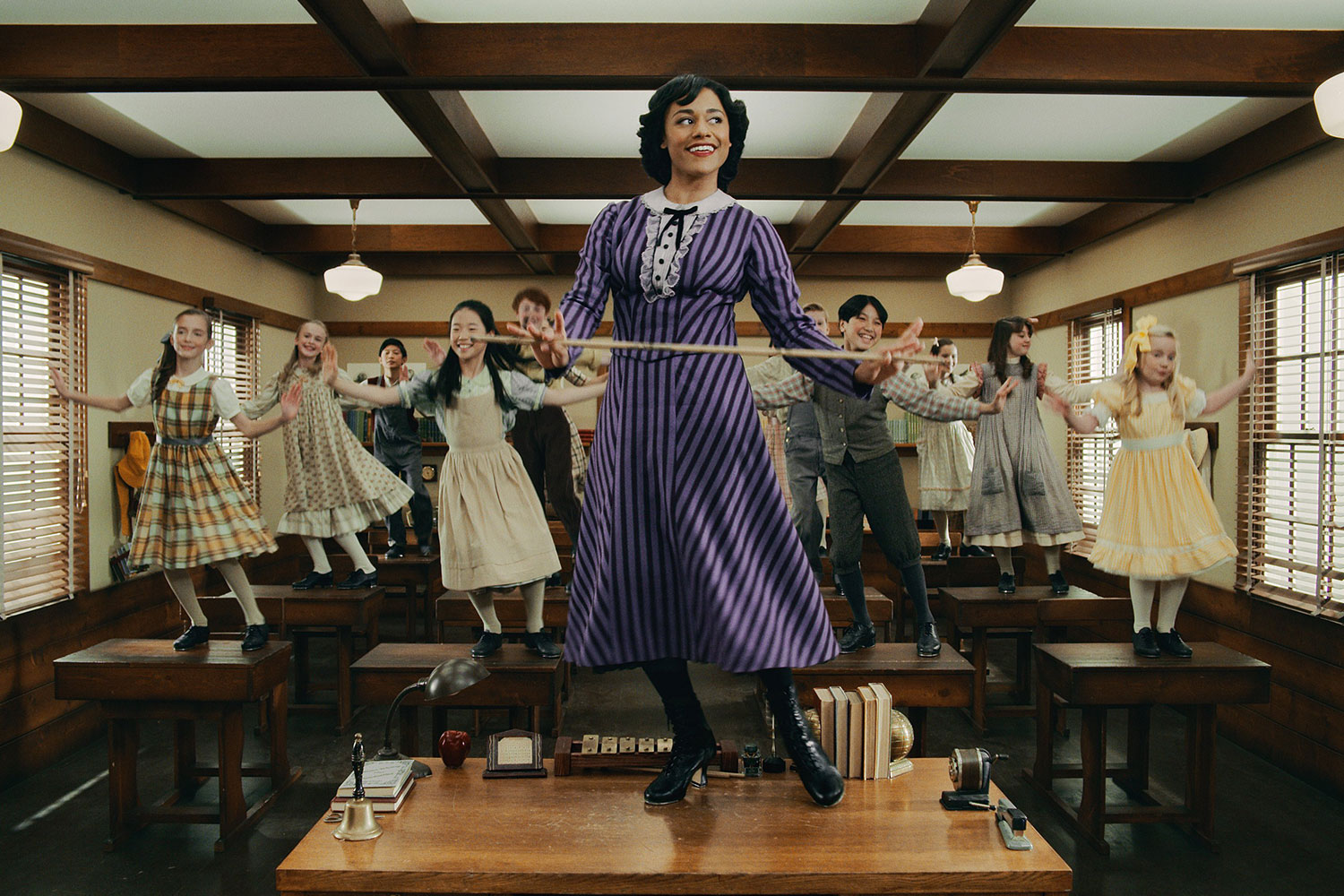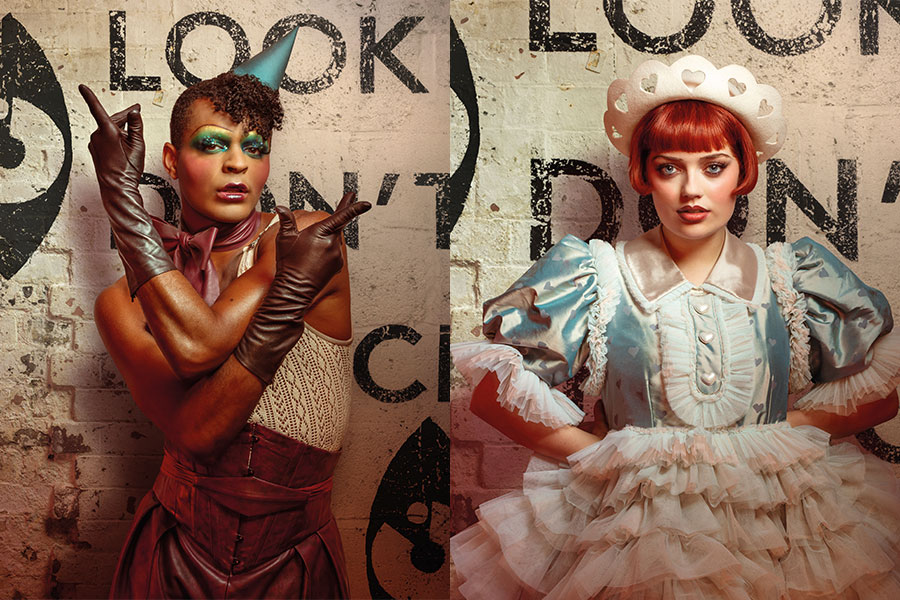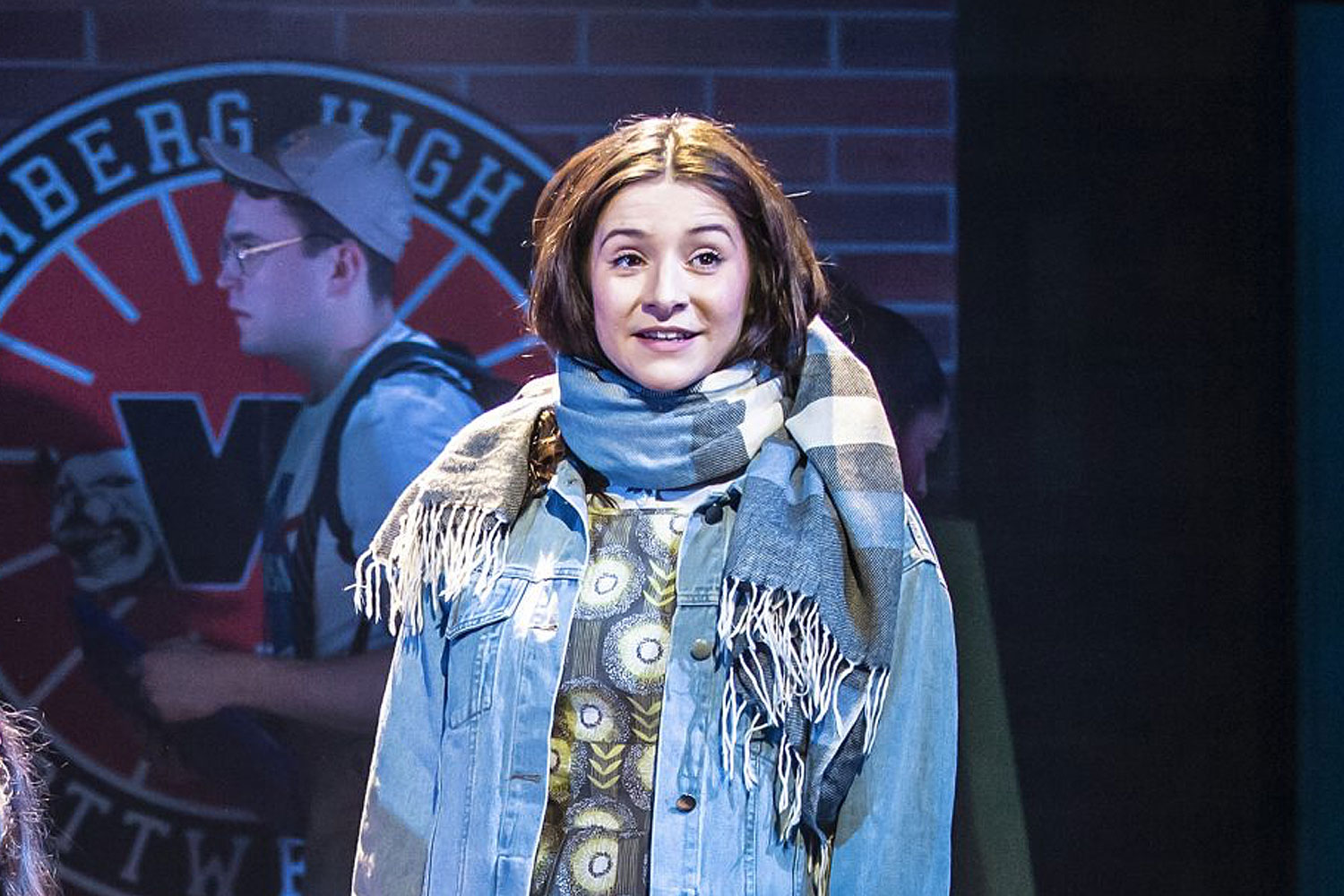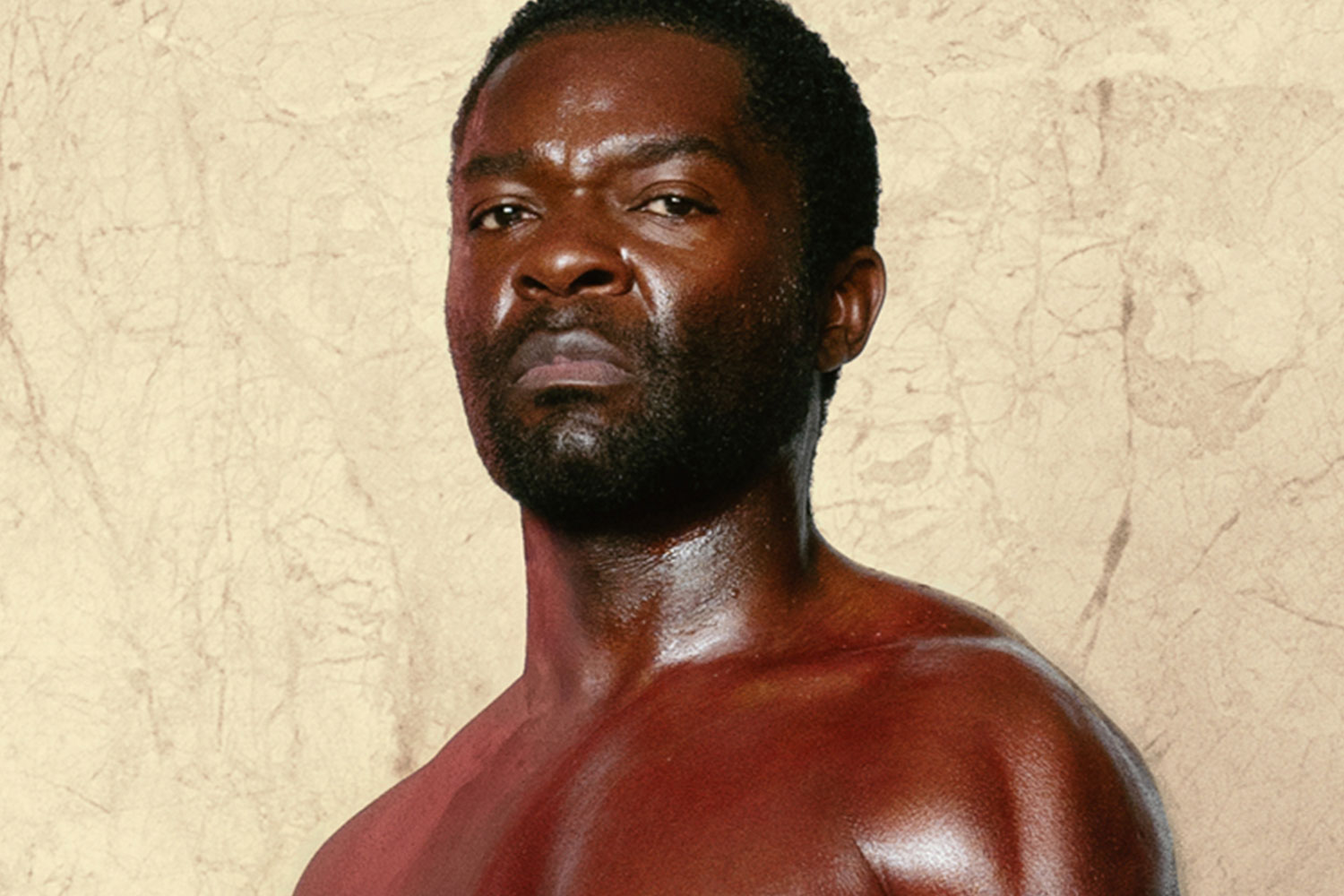Talk of the City
Talk of the City, RSC at the Young Vic
 In his classic 1941 film, Sullivan s Travels, Hollywood director Preston Sturges told how comedy film director, Tom Sullivan, desperately wanting to be considered a ‘serious director, goes on his travels to make documentary movies about the 1930s depression. Naturally, Sullivan discovers that what people really wanted was not to dwell on their worries but be able to laugh to forget them. He returns to musical comedies a wiser and chastened man.
In his classic 1941 film, Sullivan s Travels, Hollywood director Preston Sturges told how comedy film director, Tom Sullivan, desperately wanting to be considered a ‘serious director, goes on his travels to make documentary movies about the 1930s depression. Naturally, Sullivan discovers that what people really wanted was not to dwell on their worries but be able to laugh to forget them. He returns to musical comedies a wiser and chastened man.
If only Stephen Poliakoff had heeded the moral of that film before essaying his latest play. Taking as his theme the BBC in the 1930s and the inevitability of war, the central premise sees Clive, an ambitious young producer, persuade song-and-dance man Robbie to use the Friday Night at Eight variety show as a vehicle to inform listeners about what s happening in Europe by interspersing the songs with political comment (perhaps thinking that BBC stood for Brecht Broadcasting Corporation).
There s probably a funny play to be made of sending up the 1930s Beeb with its public school atmosphere and its byzantine rules. There s certainly a play to be made about Britain s indifference to the plight of Jews in Europe and the frantic attempt to appease Germany, but the playwright would certainly happen to a better one than Poliakoff. And the whole farrago is made worse by the director s inability to cut down the play s worst excesses, excise the cliched jokes, and cut out the more preposterous parts of the plot … but then the director is Poliakoff himself, a bad error of judgment by the RSC – or perhaps no-one else would tackle it.
The truly amazing thing about this production is how brilliantly the cast performs in the circumstances. Tom Goodman-Hill brings a real warmth to the public-school TV producer Honker Harris, and John Normington is the sinisterly suave bureaucrat, Arnos Grove. But it s the three main characters who really stand out: Angus Wright s Clive transforms himself from an arrogant, dispassionate producer to a campaigning foreign journalist desperately seeking to bring the truth about Europe to the BBC bosses; Kelly Hunter as Clive s girlfriend Isabel transcends a poorly-written part in a performance of real emotional depth; and, above all, David Westhead s Robbie rises above the whole sorry mess with a virtuoso display that nearly, nearly makes you forget the grinding exposition, the lame jokes about television and the stereotypical characters.
But nearly s not good enough for a play as poor as this. Westhead s performance deserves some kind of award, but all his enthusiasm cannot make you forget the awfulness of what s gone before.
Maxwell Cooter



